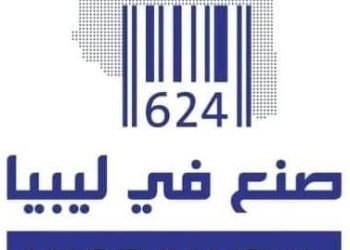The newly installed National Oil Corporation (NOC) chairman, Farhat Bengdara, said his organisation could raise funds for further investment externally.
Speaking to Libyan LPC tv channel, he said the NOC needs investment without external interference. He said these funds could come from outside the state budget in the form of bonds, loans from financial or international institutions, from current foreign partners active in the Libyan oil sector or even from the local private sector.
Bengdara admitted that for the NOC to be able to use any of these finance methods, there would have to be flexibility in interpretation of existing Libyan laws – including with the Central Bank of Libya.
However, he admitted that the biggest challenge to the NOC raising any new forms of finance is the lack of political stability in Libya. This challenge exists not only for the NOC but for all libyan institutions, he added.
Analysis
The NOC has no funds. It relies on the government for funding
There is a myth that the NOC has funds of its own through Libya’s oil revenues. In reality, the NOC is the caretaker of Libya’s oil revenues. Like the Libyan Foreign Bank through whose accounts Libya’s oil revenues are funnelled, the NOC is no more than an instrument through which the oil money is received. As soon as it receives the oil funds it transfers them to a government-controlled account.
The NOC relies on the government of the day to receive its expenses, salaries and investment capital. By law, it is unable to directly raise funds.
NOC needs hard currency
The other point that chairman Bengdara glossed over during his interview is that he means the NOC needs to raise investment funds in hard currency. The type of investment the NOC needs for development of production entails buying specialised knowhow / equipment from abroad. This needs hard currency. This can only be achieved with local Libyan investors with hard currency or foreign investors.
Political instability and risk assessment
Bengdara did admit in the interview that the biggest challenge facing his NOC, and Libya in general, is the country’s political instability. In weighting up the risks to giving a loan to the NOC, foreign investors will understand that the NOC has no money or assets of its own. The NOC would need the Libyan government to guarantee it. The deal would then be struck with the Libyan government of the day and not with the NOC. In short, it would be more rational for foreign investors to lend the Libyan government which in turn would finance the NOC.
This would still leave the NOC, as has been the case for decades, reliant on the political will of the government of the day regarding finance for further investment in the sector.
Hence, the new NOC chairman’s statement that existing Libyan laws need to be interpreted flexibly for the NOC to be able to raise new capital locally or abroad is a complete understatement and a loose assessment of the NOC’s realistic ability to directly and independently raise capital abroad.
Libya’s oil blockade lifted 24 hours after Sanalla’s removal (libyaherald.com)
Bengdara installed into NOC Tripoli headquarters as new chairman (libyaherald.com)
Defiant Sanalla refuses to handover NOC chairmanship (libyaherald.com)
NOC lifts force majeure at Brega and Zueitina oil ports (libyaherald.com)
Aldabaiba agrees to replace Sanalla as head of NOC: News and analysis (libyaherald.com)
Aldabaiba’s Aoun-Sanalla crisis summit: Kiss and make up or slap on the wrist? (libyaherald.com)









